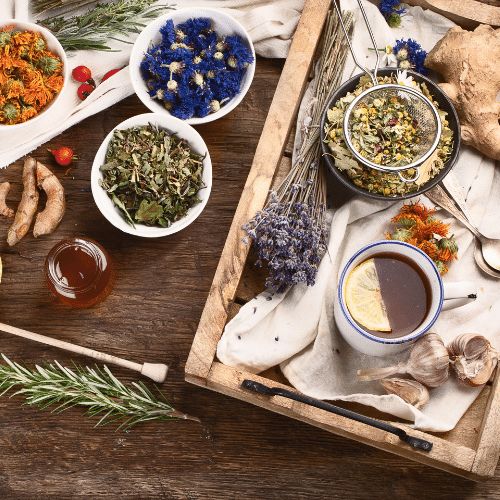
Herbal Anti-Aging Remedies, The healthiest among us will eventually age. Imagine instead if I told you that by making a few simple changes to your routine, you could be able to slow down the aging process, maintain your energy, and maybe even live a little longer than your actual birthday. To begin, a short story,
Please greet Margaret. She still has as much energy as her son, who is 40 years old, despite being 72 years old.
Morning green tea, homemade from scratch, and hiking are her staples. “A little turmeric, a bit of ashwagandha, and lots of laughter.”
She says while laughing when asked about her secret. Perhaps Margaret is right. Today, we will delve into the effective treatments that she advocates, many of which have scientific backing.
Before we delve into the details, let’s address a widespread misunderstanding: Not all herbal treatments are made equal. Some are purely mythology, while others have solid scientific support. So, which herbs really function?
Turmeric is rich in curcumin, a substance having strong antioxidant and anti-inflammatory qualities. A significant cause of aging is chronic inflammation; curcumin works to fight it on a cellular basis. Studies indicate it enhances cardiac function, promotes brain health, and even lengthens life in certain animal models. Curcumin, on the other hand, has low bioavailability—that is, your body does not absorb it well. The answer? Combine it with black pepper, which increases absorption by as much as 2000%.
Using It: Include a teaspoon of turmeric in your golden milk latte, soups, or smoothies. It’s a long game, so don’t anticipate quick outcomes.
Stress hastens aging; ashwagandha helps with that.
By reducing cortisol levels, enhancing sleep, and increasing general resilience, this adaptogenic herb helps the body handle stress.
Research indicates that ashwagandha can improve memory, promote cognitive function, and possibly lessen anxiety and depression symptoms.
Using It: Before bed, consider brewing ashwagandha into a soothing tea or taking ashwagandha pills.
Herbal Anti-Aging Remedies, Traditionally, ginseng has been used in medicine for millennia, mostly for its immune-supporting and energy-boosting benefits. Modern studies confirm its capacity to enhance cognitive performance, raise energy levels, and lower inflammation. Ginseng could be a wonderful complement to your regimen if aging makes you feel slow.
Ginseng can be consumed as a tea or in supplement form; but, be careful, just like coffee, too much can lead to jitteriness.
Red grapes, berries, and (yes!) red wine all contain this chemical. Activating sirtuins—proteins controlling cellular health and aging—mimics the effects of calorie restriction, a well-known longevity technique. Some research indicates it could delay the aging process at a cellular level and enhance heart health.
Though not the ideal approach to acquire resveratrol, a glass of red wine is pleasant. Choose resveratrol-rich foods like blueberries and peanuts or take pills instead.
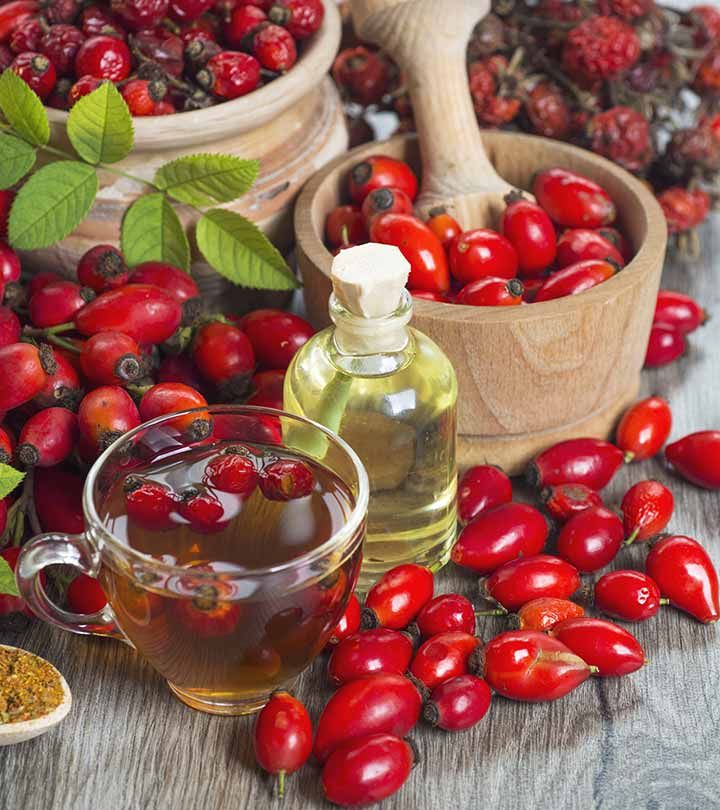
Another adaptogenic plant, rhodiola improves mental clarity, lowers tiredness, and helps cognitive performance. It has been demonstrated to raise stress resistance and enhance mood and concentration. Rhodiola could be worth exploring for anyone worried about age-related cognitive impairment.
Given its slight stimulating effect, take it as a supplement or make a tea, ideally in the morning.
Herbal Anti-Aging RemediesThough not magic bullets, herbs can help with good aging. The true secret of living long is to mix them with a strong lifestyle base. Here are some scientifically supported longevity advice:
Often recognized as one of the healthiest in the world, the Mediterranean diet. Rich in antioxidant-rich fruits and vegetables, heart-healthy olive oil, lean salmon, and whole grains, it’s a powerhouse for long life. Research indicates that this diet lowers the incidence of chronic diseases like cognitive decline, cancer, and heart disease.
How To Use It: Replace processed foods with fresh, complete components. Make fruits and vegetables the stars of your meal, use olive oil instead of butter, and consume fatty seafood like salmon twice a week.
Sleep is necessary for cell repair and lifetime; it is not only about feeling relaxed. Poor sleep speeds aging by raising inflammation, lowering immunological function, and compromising cognitive capacity. Studies indicate that a longer, better life is greatly helped by at least 7–8 hours of good sleep each night.
How To Use It: Set a nighttime regimen, reduce screen use before night, and provide a dark, cool resting space. Herbal drinks such as chamomile or valerian root can help to promote relaxation if you have trouble sleeping.
Among the strongest anti-aging techniques is exercise.
Regular physical activity helps preserve muscle mass, maintains cardiovascular health, and even improves cognitive function by improving blood flow and lowering inflammation.
Even modest activity like walking has been linked to a longer lifetime.
How To Use It: Make it a daily practice to choose an exercise you enjoy, whether it be weightlifting, yoga, hiking, or dancing. Should you have a desk job, regular walking or standing breaks are recommended.
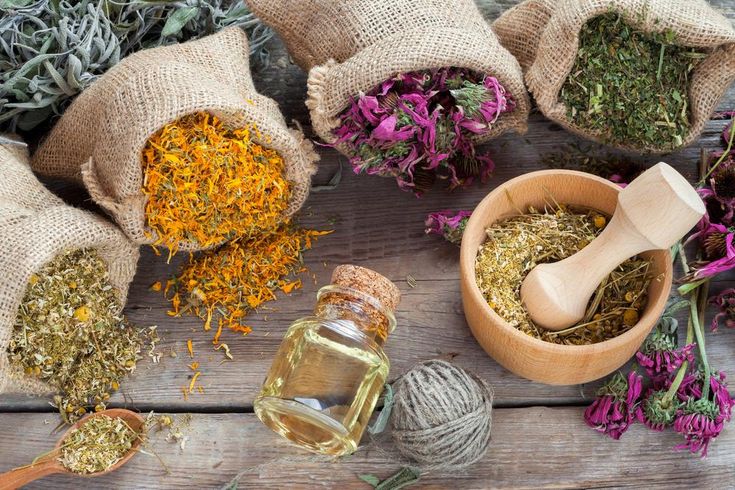
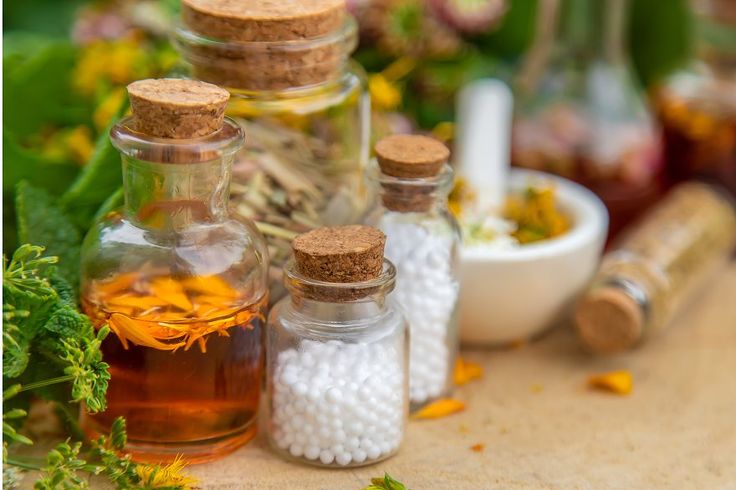
Herbal Anti-Aging Remedies, Chronic stress accelerates aging by damaging the immune system and raising inflammation. Longevity depends on good stress management; natural remedies can support this.
Reducing stress levels can be helped by all of these: meditation, deep breathing exercises, and adaptogenic medicines such as ashwagandha and rhodiola.
How To Use It: Include yoga or meditation into your regular routines as mindfulness exercises. Even basic activities like writing, time in nature, or gratitude practice can greatly lower stress.
Strong relationships help both mental and physical well-being since people are social beings.
Research has revealed that those with close social connections lead longer lives and have less stress and sadness. Participating in significant social connections can even assist avoid cognitive deterioration as you get older.
How To Use It: Join community organizations, set aside time for family and friends, or start a new pastime that lets you interact with others. Even something as easy as talking with neighbors or volunteering can help to build closer ties.
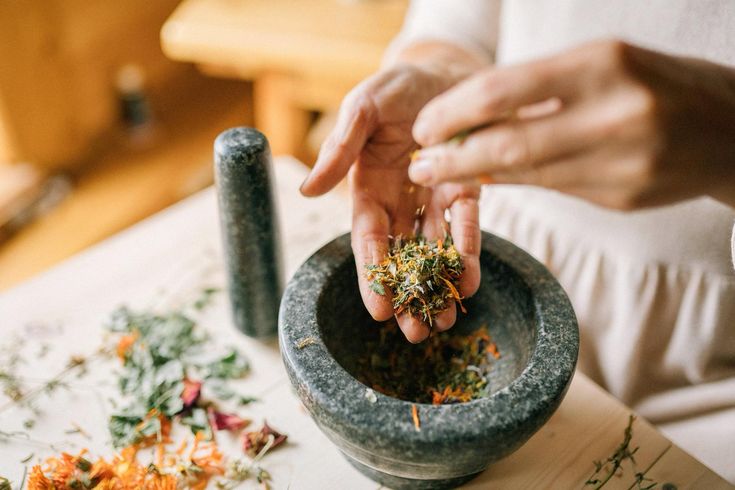
Though how you age is mostly up to you, aging is unavoidable. You can prepare yourself for a longer, healthier life by including scientifically supported herbs, eating a nutrient-dense diet, remaining active, and controlling stress. Small acts accumulate over time, hence whether it’s drinking turmeric tea or including ashwagandha into your daily routine. Just ask Margaret; she will say it’s all about the little things!
Which herbal treatment for lifespan do you prefer? Talk to us in the comments!